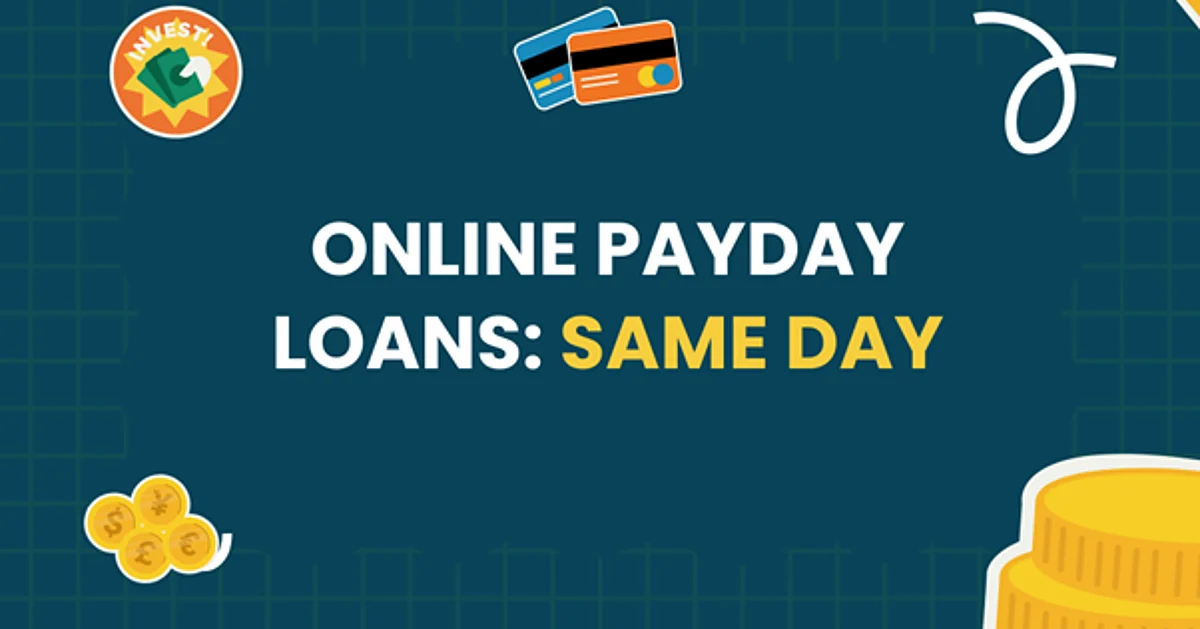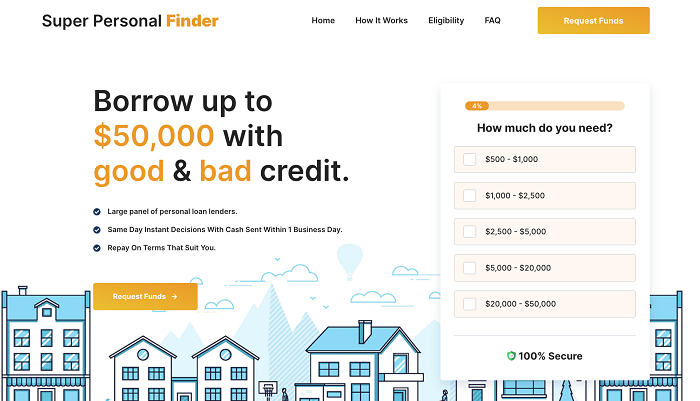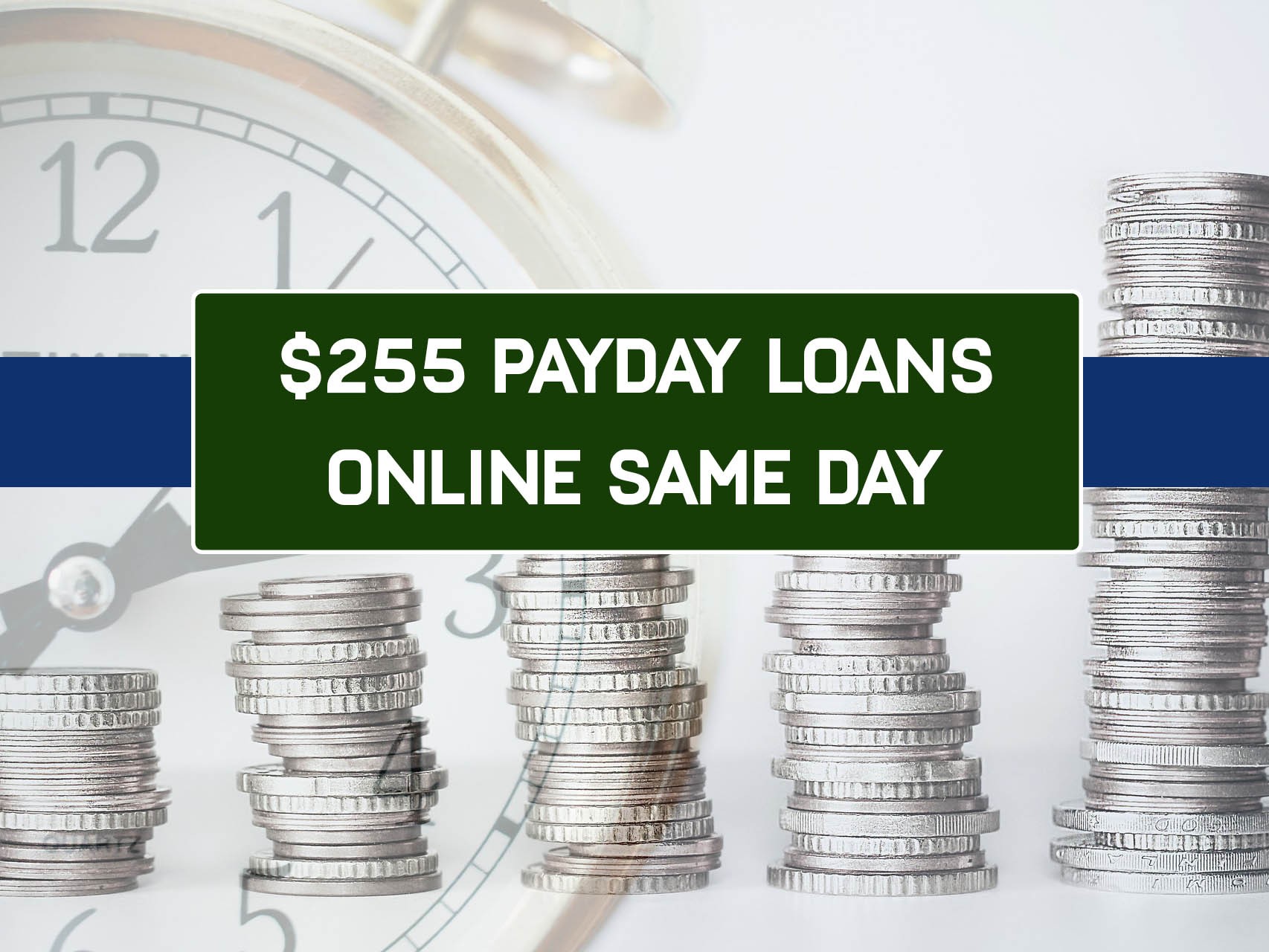Online Payday Loans No Credit Check Direct Lender

Consumers are facing a growing threat from predatory online lenders offering payday loans with "no credit check" and claiming to be "direct lenders." These seemingly convenient loans often come with exorbitant interest rates and hidden fees, trapping borrowers in a cycle of debt.
This article exposes the dangers of these online payday loans, highlighting how they operate, who they target, and the potential financial devastation they can inflict. It provides crucial information for consumers to protect themselves from these deceptive practices.
The Allure of "No Credit Check" Loans
Online payday lenders advertising "no credit check" options prey on individuals with poor credit or limited borrowing history. They promise quick cash without the hassle of traditional credit checks, making them attractive to those facing urgent financial needs.
However, the absence of a credit check doesn't mean the lender isn't assessing your ability to repay. Instead, they often rely on other factors, such as proof of income and bank account information, while simultaneously charging significantly higher interest rates to compensate for the perceived risk.
This is a critical distinction: no credit check translates to higher risk for the borrower and greater profit for the lender.
"Direct Lender" Deception
Many of these online lenders claim to be "direct lenders," implying that they handle the entire loan process themselves, cutting out the middleman. This can be misleading.
In reality, some "direct lenders" are simply lead generators who collect your information and sell it to multiple lenders. This exposes you to a barrage of solicitations and increases the risk of identity theft.
Others may be affiliated with tribal entities operating under sovereign immunity, making it difficult to sue them or enforce consumer protection laws. According to the Consumer Financial Protection Bureau (CFPB), dealing with lenders hiding behind tribal affiliations can be especially problematic when disputes arise.
The Devastating Cost: Interest Rates and Fees
The primary danger of online payday loans lies in their astronomical interest rates. Annual Percentage Rates (APRs) can range from 300% to over 600%, far exceeding the rates charged by traditional lenders.
These exorbitant rates, coupled with hidden fees for late payments or loan extensions, quickly turn a small loan into a massive debt burden. Borrowers often find themselves unable to repay the loan on time, leading to a cycle of borrowing and re-borrowing, known as "debt trapping."
Consider this example: A $500 loan with a 400% APR can accrue hundreds of dollars in interest in just a few weeks. If the borrower is unable to repay the $500 plus interest, they may be forced to take out another loan to cover the debt, further compounding the problem.
Who is Targeted?
These online payday loans disproportionately target vulnerable populations, including low-income individuals, minorities, and those with limited financial literacy. These groups are often facing financial hardship and may feel they have no other options for obtaining quick cash.
A study by the Pew Charitable Trusts found that payday loan borrowers are more likely to be younger, have less education, and rent rather than own their homes. They are also more likely to have experienced recent job loss or other financial setbacks.
These lenders often use aggressive marketing tactics to target these vulnerable groups, promising fast cash and immediate relief from financial stress.
Protecting Yourself from Payday Loan Scams
The best way to avoid the dangers of online payday loans is to explore alternative options for obtaining emergency funds. Consider borrowing from friends or family, seeking assistance from local charities or non-profit organizations, or exploring personal loans from banks or credit unions.
If you are considering an online loan, thoroughly research the lender and read reviews from other borrowers. Be wary of lenders who promise "no credit check" loans or use aggressive marketing tactics.
Always read the fine print before signing any loan agreement. Understand the interest rate, fees, and repayment terms. If anything seems unclear or suspicious, don't hesitate to walk away.
The Role of Regulators
Federal and state regulators are working to combat predatory lending practices and protect consumers from payday loan scams. The CFPB has issued rules aimed at curbing abusive payday lending practices, but enforcement remains a challenge.
Many states have laws that cap interest rates on payday loans or prohibit them altogether. However, online lenders can often evade these laws by operating across state lines or affiliating with tribal entities.
Increased enforcement and stronger consumer protection laws are needed to effectively address the dangers of online payday loans.
Moving Forward: Awareness and Action
The fight against predatory online payday loans requires a multi-faceted approach. Consumers need to be aware of the risks and empowered to make informed financial decisions.
Advocacy groups are working to educate the public about the dangers of payday loans and to push for stronger regulations. Individuals can support these efforts by contacting their elected officials and urging them to take action.
If you have been victimized by a predatory payday lender, file a complaint with the CFPB and your state's attorney general. You may also be able to pursue legal action to recover damages.


















